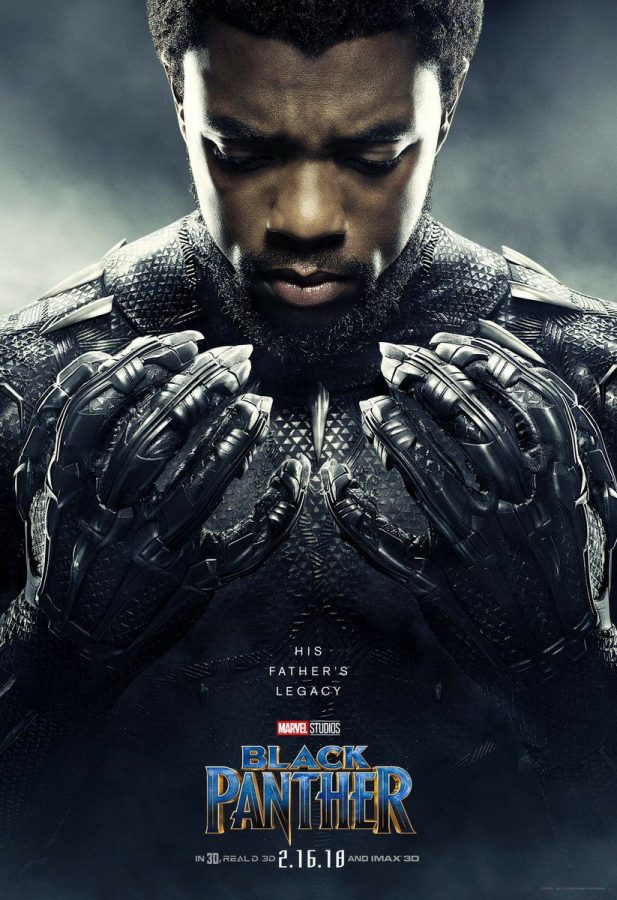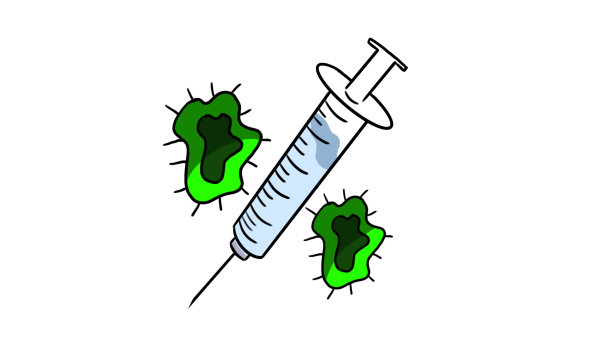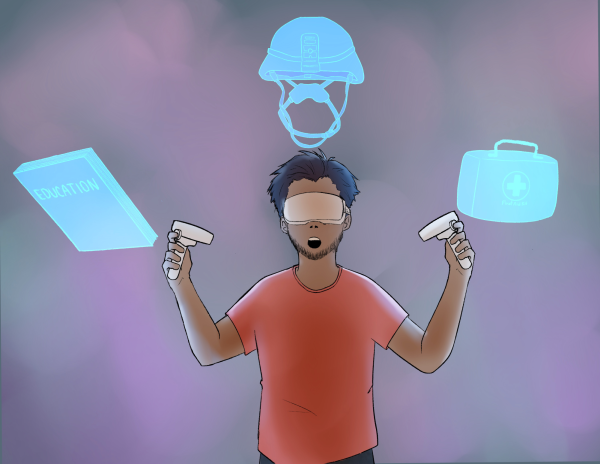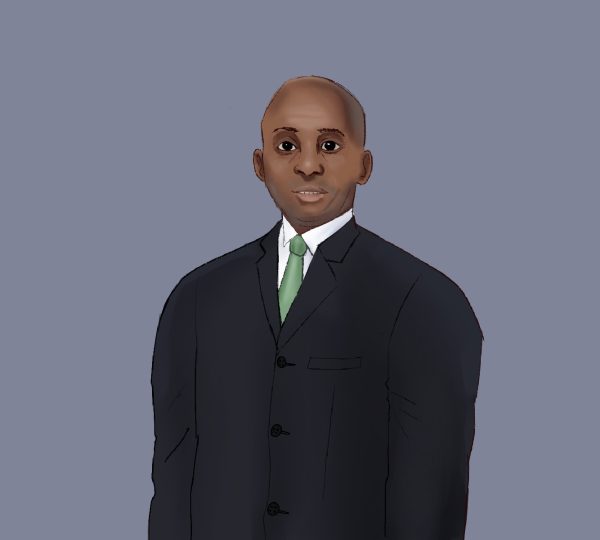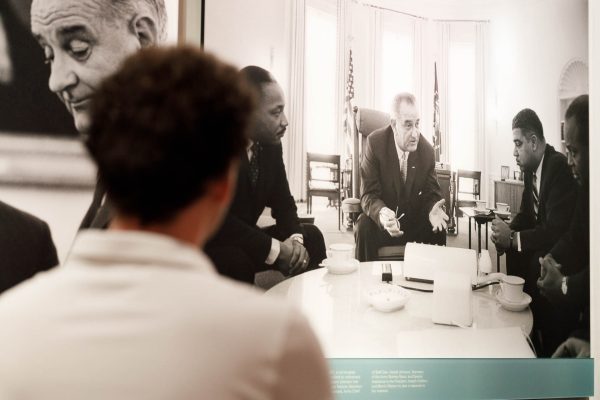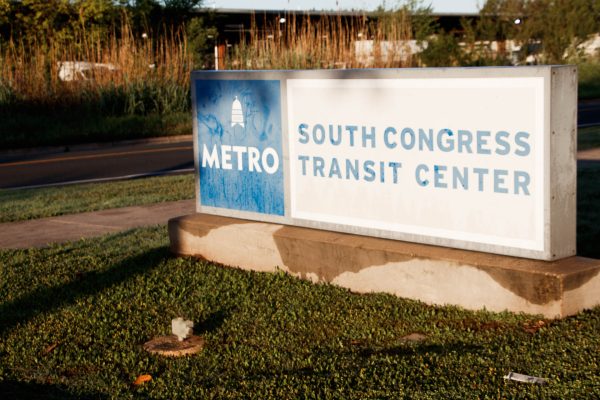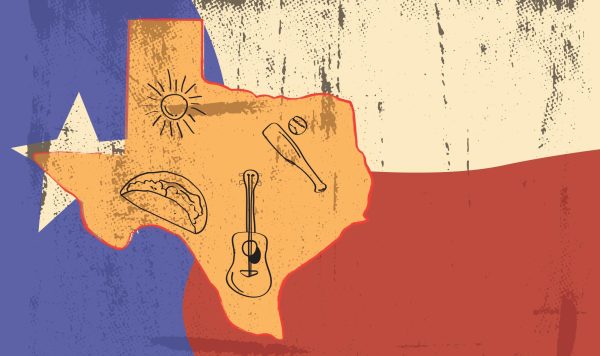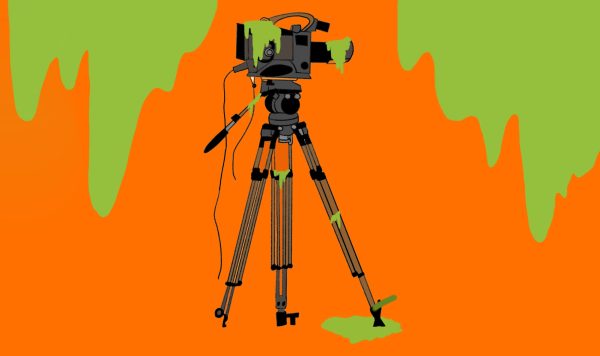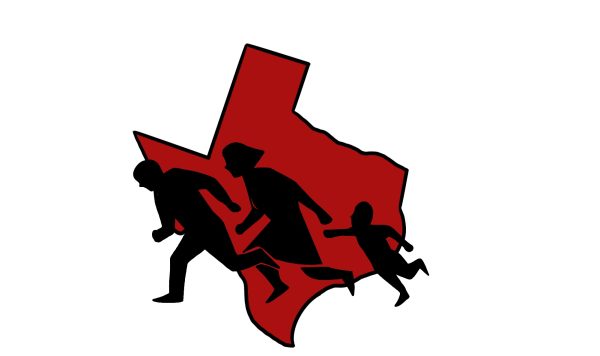Marvel’s Black Panther provides platform for much needed discussion of representation
Black history month is the greatest month of the year and what better gift for all black people to receive than an entire movie about a black superhero.
“Black Panther” is exactly what this country needed after dozens of superhero movies with white leads and goofy black sidekicks that never get enough character development or screen time. Along with providing representation for black people everywhere, “Black Panther” challenged harmful stereotypes associated with Africans and black Americans. The Wakandans are an intelligent, self-aware people that aren’t looking for handouts and Erik Killmonger, portrayed by Michael B. Jordan, was an extremely smart character who never lost touch with his Oakland roots.
Before the movie premiered, the support for the film was unparalleled by any Marvel film to date. This is because comic book fans weren’t the only ones excited to see it. The amount of positive representation this movie provides for not only young black children, but people of every generation is overwhelming. Across America, black people were showing up to theaters dressed up as the film’s characters or wearing traditional African clothing.
There are pros and cons to a movie rocking the nation as hard as “Black Panther” did; Freshman Mahalet Kefyalew is not that into Marvel movies and wished to learn more about the characters from watching the film instead of being thrown right into the action. With the anticipation leading up to this movie, it’s understandable that those who aren’t Marvel fans that still wanted to see the film might be a little disappointed with the lack of explanation about Wakanda’s history and the history of the royal family.
Junior and president of the African Student Organization Caroline Ikpea wondered why black people showed support for a movie this intensely and why the same passion can’t be applied to other things that support the black community. Ikpea noted that, while she loved seeing so many people in their dashikis, she questioned why it took some people so long to connect with their roots.
These are only two examples of the on campus discussion held about the movie, but, while these points aren’t praising the movie, the fact that black people have a movie to discuss means a lot. Black people have not been able to have these types of intra-communal conversations surrounding media made by black people for black people in a while.
Not to gloss over some of the greatest sitcoms of all time such as “Living Single,” “A Different World”and let’s not forget Marvel’s 1998 film, “Blade,” but those came out at least 10 years ago. It was about time that the black community got a cool superhero and multifaceted villain that sparked intense discussion. Finally, black people can discuss the flaws of a character the way we discuss Tony Stark, Batman or even Superman.
The discourse surrounding “Black Panther” is much needed. Just like “Moonlight,” the movie presents black people that aren’t portrayed in media enough, if at all. The characters are nuanced, and they make wrong decisions that the viewers disagree with. All in all, “Black Panther”gave the black community characters that are human, something we do not see often in today’s media landscape.


